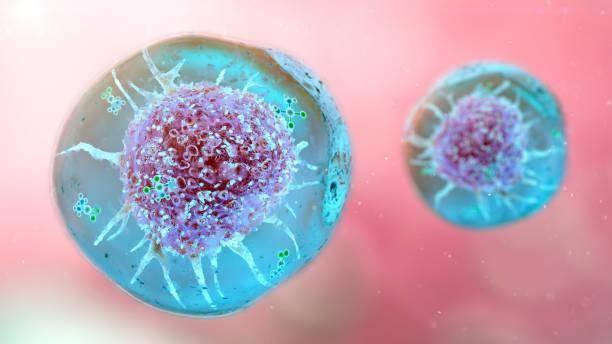Has your oncologist told you that you might need an MRI? If so, you’ll want to read this post. In it, we discuss what MRIs are, why people get them, and some of the benefits they offer.

Sarcoma Radiation Treatment: Why It’s an Outstanding Cancer Therapy
Sarcoma is a severe and rare form of cancer that emerges from muscles, nerves, bones,



